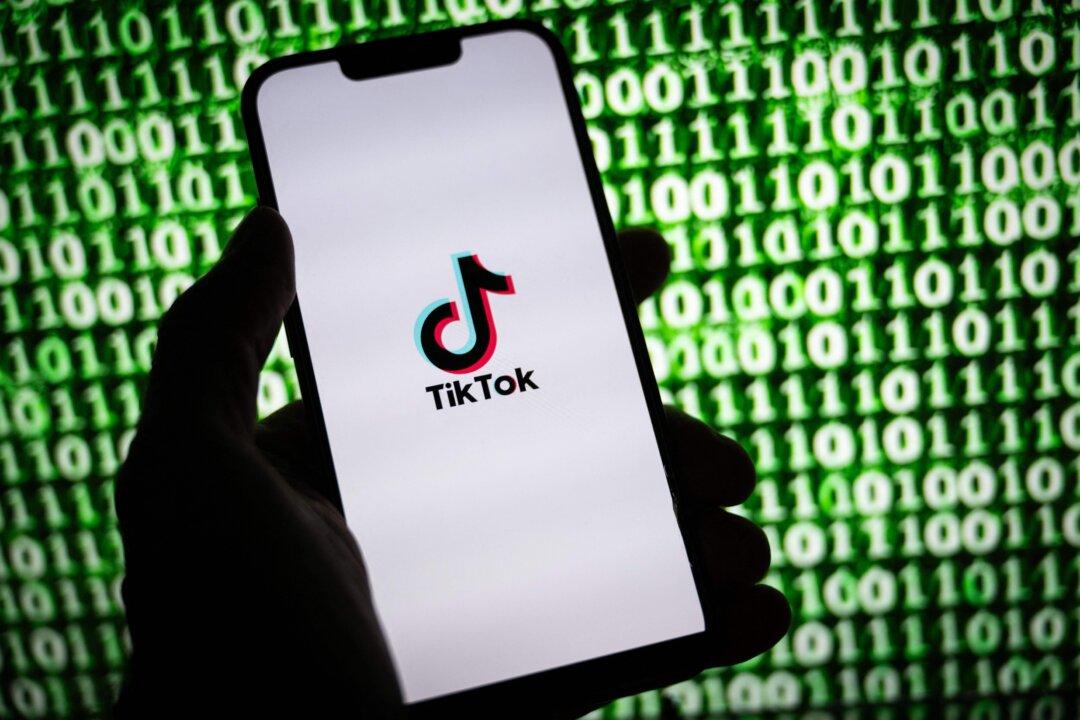Several of Australia’s largest companies and government agencies have opted out of TikTok’s data-collecting tool amid rising concerns the Chinese-based video-streaming company could be harvesting the personal data of users without their knowledge.
This comes after the Office of the Australian Information Commissioner confirmed in late December 2023 that it would investigate whether TikTok violated Australia’s privacy laws when it allegedly used a pixel tool to gather data on users, such as email addresses and mobile phone numbers, without consent.





